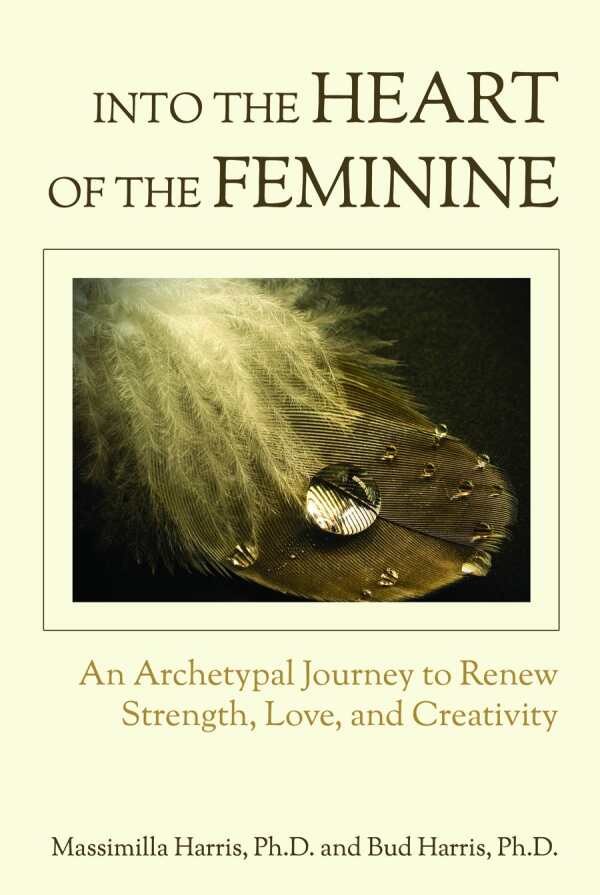Into the Heart of the Feminine
An Archetypal Journey to Renew Strength, Love, and Creativity
Rich with imagery and action to inspire change and healing, this psychoanalysis of characters from myths reveals how feminine qualities must be valued.
Massimilla and Bud Harris journey to slay the Death Mother complex in Into the Heart of the Feminine. Using Jungian psychology’s focus on archetypes and myth, the authors explore the emotional stranglehold so many women and men are caught within a culture that continually devalues the feminine qualities that promote healing and transformation.
Using examples from the lives of their analysands, the authors show the Death Mother, a metaphor for the wounded feminine principle, at work. Many of the real-life stories feature adults approaching midlife depressed, angry, or unable to move forward with their own lives. Psychoanalysis reveals strained, absent, or tortured relationships with these analysands’ own mothers, a recognition that becomes an essential part of the journey toward wholeness.
The Medusa myth and the story of Perseus are employed here, and the authors adeptly trace the archetypal characters, particularly the interplay between Athena and Medusa from which the Death Mother springs, and the forces at play in our own psyches. This challenging method of thinking symbolically is a practice of Jungian psychology that the authors contend has become lost in our hyperrational society, and they show how working with the Medusa myth offers a guide through personal transformation.
Most helpful are the sections of the book that contain questions and moments for reflection, particularly chapter ten, which offers five concrete steps for working with the Death Mother complex, the Medusa myth, and the journey of transformation that ensues. Discussions of journaling and dream recording are also valuable for their aid in practical application of the material.
Though both authors are attributed, Massimilla Harris’s voice shapes the trajectory of the book as she shares her own story of growing up in a patriarchal society and the trials she faced while encountering the Death Mother. Alongside the depth of knowledge related within the discussion of complexes, her bravery and sincerity is evident as she teaches others about the wisdom of this path. The result is an intimate tone that makes the volume accessible and inspiring, even for those unfamiliar with Jungian psychology.
Reviewed by
Margaret Fedder
Disclosure: This article is not an endorsement, but a review. The publisher of this book provided free copies of the book to have their book reviewed by a professional reviewer. No fee was paid by the publisher for this review. Foreword Reviews only recommends books that we love. Foreword Magazine, Inc. is disclosing this in accordance with the Federal Trade Commission’s 16 CFR, Part 255.

